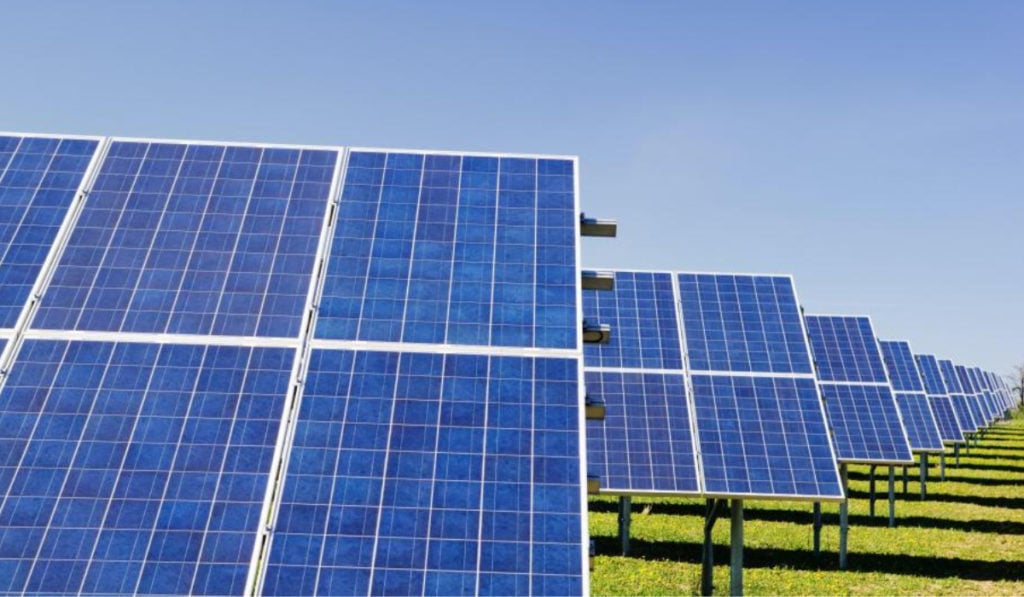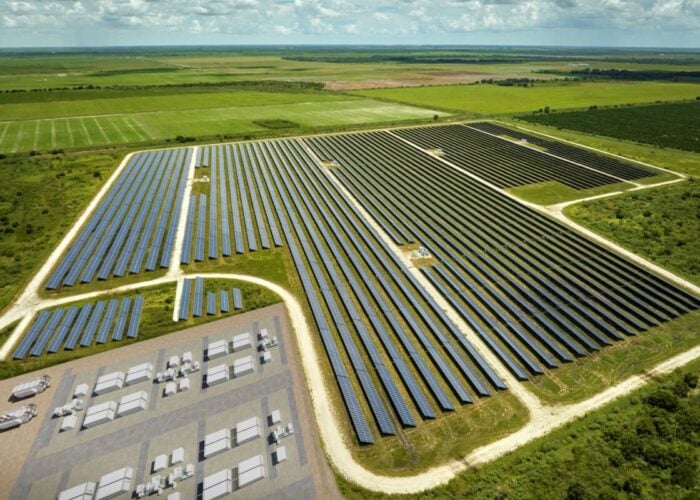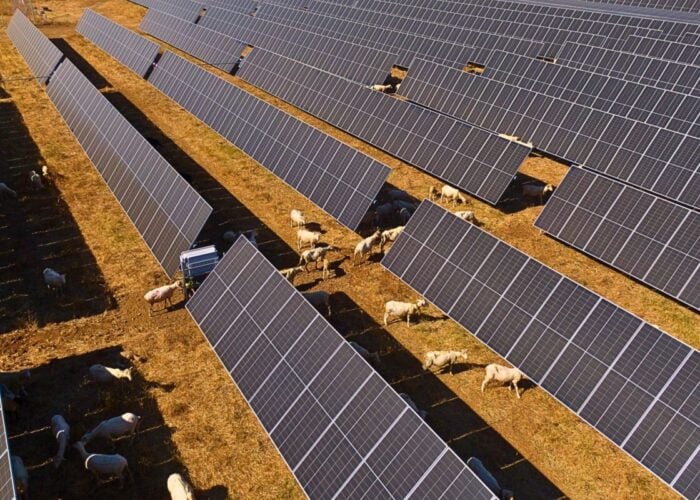
North Macedonia has planned to deploy 1.7GW of renewable energy capacity by 2030 and entirely phase out its coal power generation fleet.
Announced at the COP28 conference in Dubai, UAE, the plans will be led in partnership with the European Bank for Reconstruction and Development (EBRD), an internationally-owned private finance institution.
Unlock unlimited access for 12 whole months of distinctive global analysis
Photovoltaics International is now included.
- Regular insight and analysis of the industry’s biggest developments
- In-depth interviews with the industry’s leading figures
- Unlimited digital access to the PV Tech Power journal catalogue
- Unlimited digital access to the Photovoltaics International journal catalogue
- Access to more than 1,000 technical papers
- Discounts on Solar Media’s portfolio of events, in-person and virtual
The minister for economy of North Macedonia said that the new just energy transition investment platform, as it is known, will seek to combine government, international finance and private investment to reach 1.7GW of renewable energy generation by the end of the decade as well as grid and energy storage upgrades and measures to support communities affected by the energy transition.
The country already had a commitment to reduce its greenhouse gas emissions by 82% by 2030 compared with 1990 levels.
The EBRD said that the trajectory will require around €3 billion (US$3.2 billion) of investment, which it expects to come predominantly from the private sector through competitive capacity auctions.
North Macedonia is a historically coal-dependent country, and as such the EBRD took pains to emphasise the inclusion of a “just transition” framework in the investment platform, which will include measures to support communities that may be most affected by a shift from coal to renewable power.
“Central to this collaboration is support for just transition emphasising the commitment to a transition that is not only economically viable but also socially just and inclusive, and incorporating mechanisms to address potential social and economic disparities resulting from the transition,” president of the EBRD, Odile Renaud-Basso said.
“We believe this is a model of how climate finance can be scaled up, in North Macedonia, the Western Balkans, and beyond, and we look forward to working closely with the government to support the delivery of these high ambitions.”
The EBRD has provided renewables financing to a number of emerging European markets this year. In August, it said that it would support the first round of the new contracts for difference (CfD) scheme in Romania to enable greater solar capacity additions, and in October it provided a US$80 million investment to Polish solar developer R.Power to expand around 1GW of projects.
According to the International Renewable Energy Agency (IRENA), as of 2022 over 80% of North Macedonia’s renewable energy capacity was from hydro/marine generation, with solar representing 10%. IRENA’s data shows a renewables market that has been stagnant for some years, as capacity additions have been relatively unchanged since 2017.







